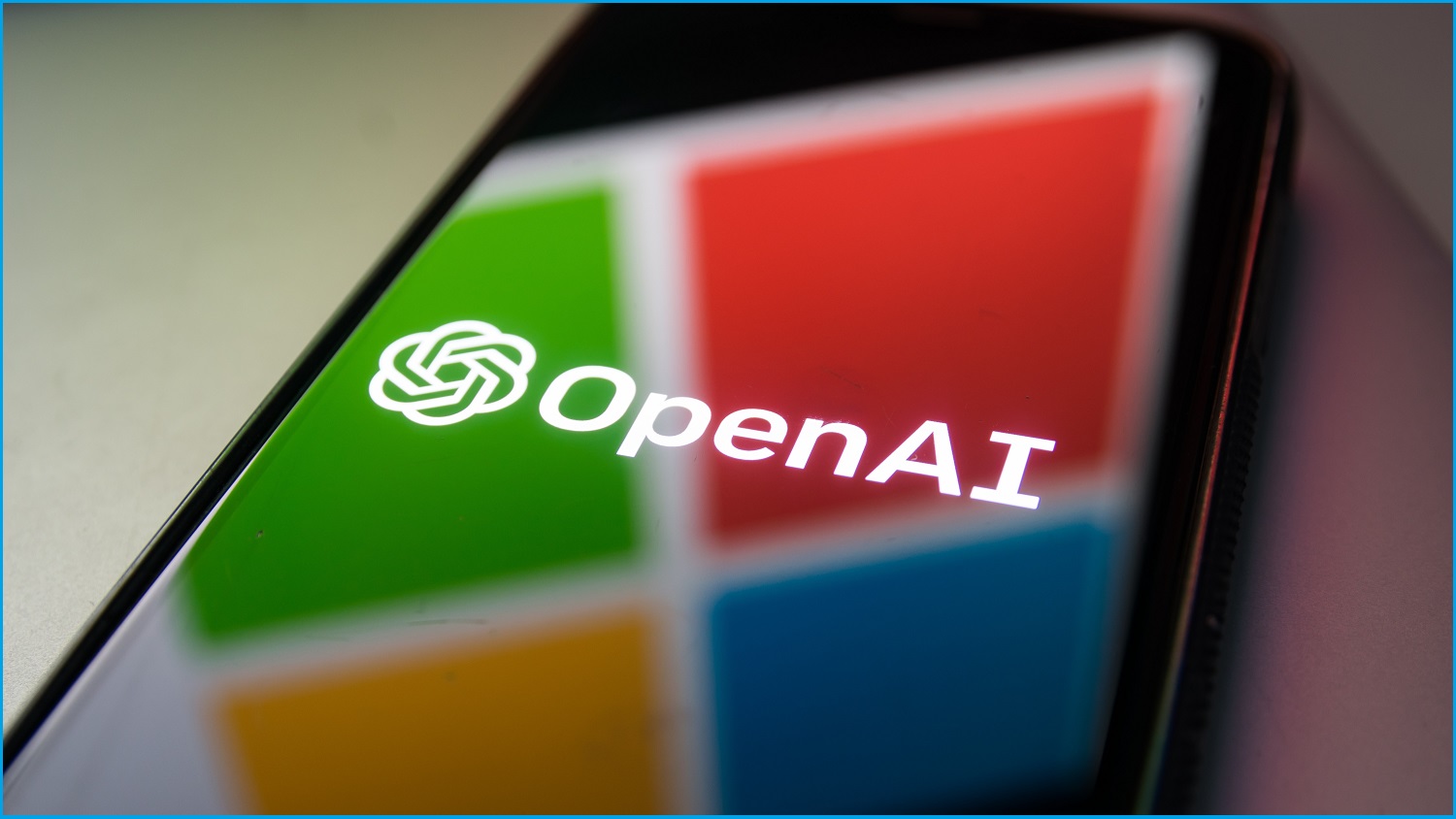ChatGPT creator OpenAI has agreed to bring its ousted CEO Sam Altman back following a chaotic weekend that saw almost all its 700 employees threaten to walk out the door.
On Wednesday evening, the company said it had “reached an agreement in principle” for Altman to come back as CEO with a restructured three-person board comprising Google Maps co-creator (and chair of Twitter’s board in the lead up to Elon Musk’s takeover) Bret Taylor, one-time US Treasurer Larry Summers, and Quora CEO Adam D’Angelo who will retain his position on the OpenAI board.
The leading generative AI company made a shock decision to dump its CEO and public face over the weekend, claiming Altman had “not consistently candid in his communications with the board”.
It was a scandal that saw Altman quickly scooped up by major OpenAI investor Microsoft which gave him a role leading “a new advanced AI research team” at the company.
We have reached an agreement in principle for Sam Altman to return to OpenAI as CEO with a new initial board of Bret Taylor (Chair), Larry Summers, and Adam D'Angelo.
— OpenAI (@OpenAI) November 22, 2023
We are collaborating to figure out the details. Thank you so much for your patience through this.
Altman said on X (formerly Twitter) that he loves OpenAI and decided to join Microsoft because it was “the best path for [him] and the team”.
“With the new board and with [Microsoft CEO Satya Nadella’s] support, I’m looking forward to returning to OpenAI, and building on our strong partnership with Microsoft,” Altman said.
Nadella, who had been on a media blitz following the debacle at OpenAI, said he was “encouraged” by the changes at OpenAI.
“We believe this is a first essential step on a path to more stable, well-informed, and effective governance,” he said.
The CEO’s return marked a dramatic climax to the weekend’s events at OpenAI which has spent the last 12 months ushering in the generative AI era.
Booting Altman appeared a baffling move for an organisation that had soared in value and socio-cultural impact since ChatGPT’s release nearly a year ago, even more so given Altman only two weeks prior stood on stage at the company’s first developer day to reveal a revenue-generating store for customised GPTs.
We are encouraged by the changes to the OpenAI board. We believe this is a first essential step on a path to more stable, well-informed, and effective governance. Sam, Greg, and I have talked and agreed they have a key role to play along with the OAI leadership team in ensuring… https://t.co/djO6Fuz6t9
— Satya Nadella (@satyanadella) November 22, 2023
But OpenAI isn’t like most tech companies.
Formed in 2015, OpenAI was a non-profit with a mission to “advance digital intelligence in the way that is most likely to benefit humanity as a whole, unconstrained by a need to generate financial return”.
Its early backers were the likes of Musk and Peter Thiel, an early Facebook investor and founder of surveillance tech company Palantir.
Under Altman’s leadership in 2019, OpenAI split off a for-profit entity called OpenAI LP that was answerable to the original non-profit board so it could stick to its mission of “ensuring the creation and adoption of safe and beneficial [artificial general intelligence]”.
ChatGPT changed everything at OpenAI
Originally billed as a “research preview”, the release of a chat-based interface for OpenAI’s GPT 3.5 large language model in November 2022 was an overnight sensation that single-handedly brought AI into the mainstream.
By January, Microsoft threw another US$10 billion into the company, securing a 49 per cent stake and reaching an exclusive agreement to run OpenAI’s products through its Azure cloud infrastructure.
While this was all going on, the tech world experienced a philosophical fracture as people working on and around emerging AI tech began to see the ghosts of science fiction prophecies in their machines.
Some believed AI posed an existential risk to all of humankind a la James Cameron’s Terminator movies; many saw AI as a uniquely powerful technology that was most likely to cause harm by those who wield it; and others envisaged AI as the path to a post-scarcity utopian society.
Thus, the rapid speed of AI development and adoption was seen variously as either accelerating a grand utopic vision or hastening our collective doom.
Over 1,300 experts demanded the industry pause AI development to ensure its safety, while another camp of so-called ‘effective accelerationists’ – led in part by venture capitalist Marc Andreessen – claimed there was a moral imperative for the West to create artificial general intelligence first.
As governments – seemingly caught off guard by the technology’s arrival – raced to respond, and entrepreneurs tried to cash in on the hype, Sam Altman stood out as the singular face of the generative AI movement.
He spoke in front of government hearings and went on something of a world tour to meet political and business leaders across the globe, all the while expanding OpenAI’s product offerings to comfortably stay a step ahead of would-be competitors.
Altman kept up with his AI-adjacent ventures, too, such as by serving as chair of a company building small nuclear reactors to power data centres, launching iris-scanning cryptocurrency Worldcoin, and investing in AI-specific hardware like the Humane Pin.
While the OpenAI board has not further clarified its decision to oust Altman beyond saying he was “not consistently candid in his communications with the board”, the saga was clearly an inflection point for tension between the company’s non-profit roots and the immense capital it has gained over the last year.
In the end, capital – and Microsoft – won out.










